Rapper Young Thug's Legal Troubles: Admission of Guilt in Atlanta
The world of rap music has often intersected with the judicial system, but for Young Thug, the collision was particularly severe. On October 31, 2024, the celebrated rapper, whose real name is Jeffery Williams, stood in an Atlanta court and pled guilty to a series of serious charges. This marked a pivotal moment in a legal saga that has ensnared him and over two dozen associates in a complex tapestry of alleged illicit activities. The charges stem from a two-year investigation culminating in accusations of violating Georgia's anti-racketeering law.
Most prominently, Young Thug faced accusations of involvement in organized crime. Prosecutors alleged his complicity in gang-related activities, specifically tethering him to the formation and operation of a criminal enterprise purportedly masking itself as a rap label. The entity, known as Young Stoner Life (YSL), was alleged by authorities to signify 'Young Slime Life,' an organization they described as deeply rooted in violent and illegal acts. Despite the gravity of these allegations, Young Thug chose to plead guilty without the cushion of a negotiated plea deal, thereby leaving his fate in the hands of a judge.
Legal Proceedings: Charges and Recommendations
In striking a deal, or lack thereof, Young Thug faced the court solo with no prior arrangement with the district attorney's office. His plea addressed a broad spectrum of offenses—one gang charge, three drug charges, and two gun charges. Additionally, he entered a no-contest plea regarding another gang charge and a racketeering conspiracy charge, effectively accepting the associated consequences without formal admission of guilt. This multifaceted legal strategy underscored the complexities of his case, where judicial outcomes could diverge significantly based on procedural discretion.
This plea was the crescendo of an arduous legal battle. The trial process itself was protracted, commencing with jury selection in early 2023 and spanning nearly a year to reach this moment of judgment. During this time, the prosecution, led by Adriane Love, presented a robust case, calling upon numerous witnesses to lay bare the alleged crimes. Throughout, Daniel Steel, Young Thug's defense attorney, strived to counter these claims, advocating for the rapper's innocence against the backdrop of mounting evidence.
Sentence Deliberations and Implications
The prosecution did not hold back in their sentencing recommendation, advocating for a 45-year prison term. This stern proposition reflects the view that Young Thug's alleged actions warranted severe penalties, both as punitive measures and deterrents for others potentially engaged in similar conduct. However, with the judge holding the ultimate authority, the final sentencing remains a subject of deliberation and discourse.
Young Thug's situation epitomizes a poignant intersection of creativity and criminality, where artistic acclaim clashes with alleged legal transgressions. His contributions to the music industry, particularly his innovative influence in the rap genre, juxtapose sharply with the legal outcomes he faces. This paradox mirrors the broader cultural narrative of artists who tread the fine line between fame and infamy, often embroiled in controversies that extend beyond their artistic endeavors.
Broader Context: Indictment and Co-Defendants
The indictment envelopes many individuals, each navigating their legal pathways amidst the broader tapestry of charges. As of Young Thug's plea, three co-defendants have opted for similar admissions of guilt, choosing to make deals with prosecutors. This tactical choice reduces their legal uncertainty and perhaps mitigates their punishment, but it contrasts with Young Thug's decision to let the judicial process determine his fate without a prearranged agreement.
In addition to Young Thug's case, the legal narratives enveloping his co-defendants parallel the intrigue and drama prevalent in organized crime prosecutions. Nine people succumbed to plea deals before the trial erupted into full force, while a separate cohort face parallel but distinct trials. This expansive judicial effort underscores the magnitude of the charges, laying bare an alleged criminal conspiracy that prosecutors argue operated beneath the surface of Atlanta's vibrant music scene.
Young Thug's case continues to captivate audiences and analysts alike, serving as a cautionary tale. It illuminates the potential consequences for those entwined in illicit activities, no matter their public profile or artistic stature. Amidst it all, the proceedings cast a spotlight not only on the legal machinations within such high-stakes trials but also on the cultural tensions between artistic freedom and legal responsibilities. Whether Young Thug will surmount these legal challenges remains to be seen, but the journey so far has been illustrative, reflecting broader lessons for the industry and society at large.
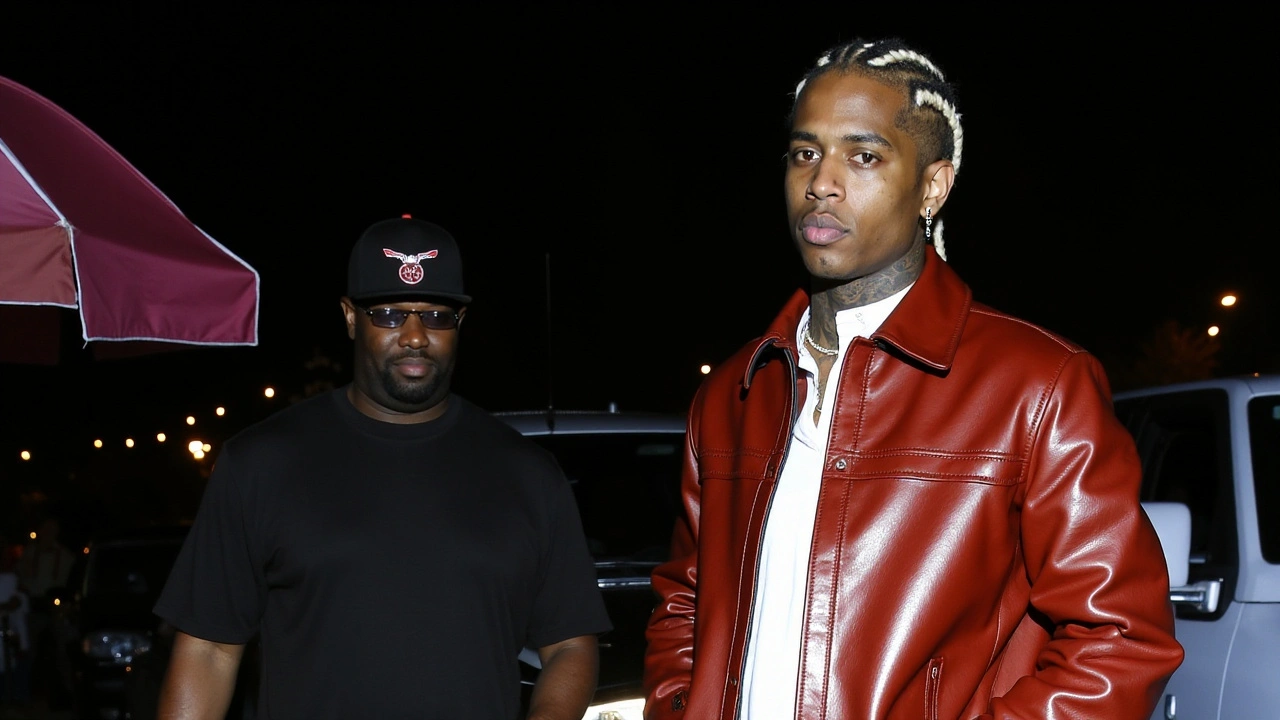
Conclusion: A Turning Point in Young Thug's Narrative
As Jeffery Williams, known globally as Young Thug, faces the reverberations of his guilty plea, the repercussions extend beyond individual accountability. They touch upon issues of identity, responsibility, and the myriad ways fame intertwines with public and private spheres. The pending sentencing decision holds significant weight, potentially reshaping not just his future, but also the narrative surrounding celebrity culture, legal consequences, and the societal roles that artists embody. As the judicial gavel looms, the subsequent steps in this saga will undoubtedly continue to ripple across cultural and legal landscapes, reminding us all of the intricate dialogues between the law and creative expression.
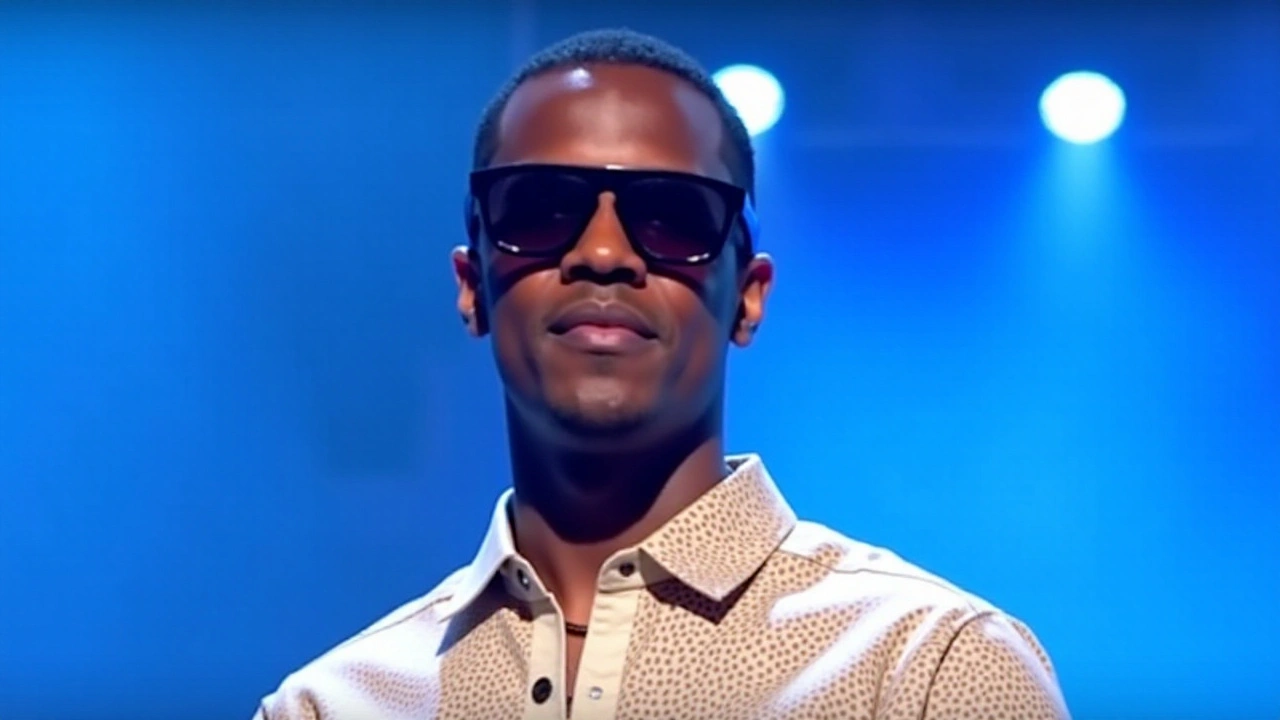

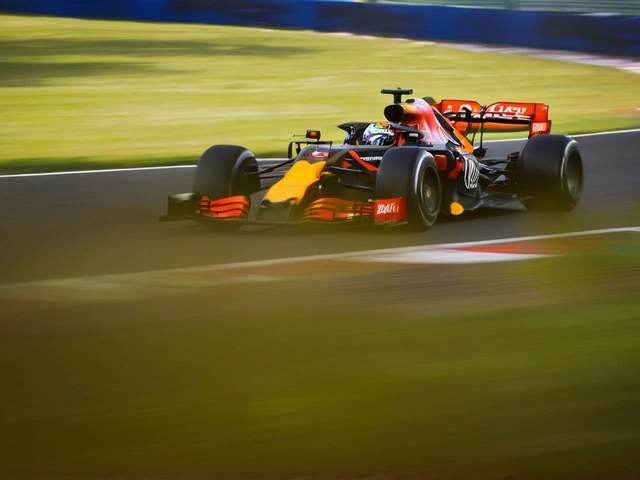
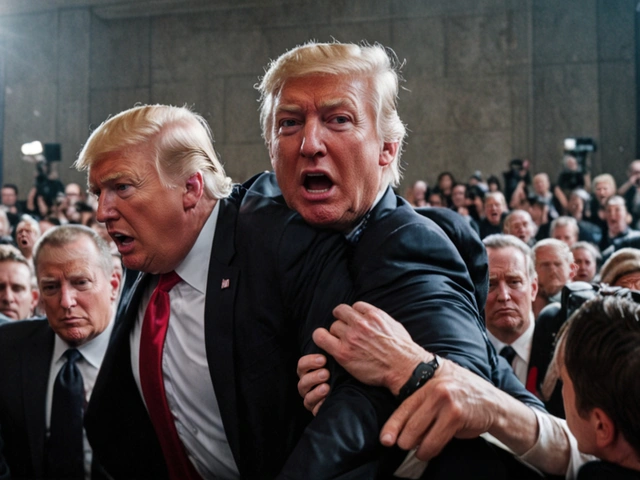

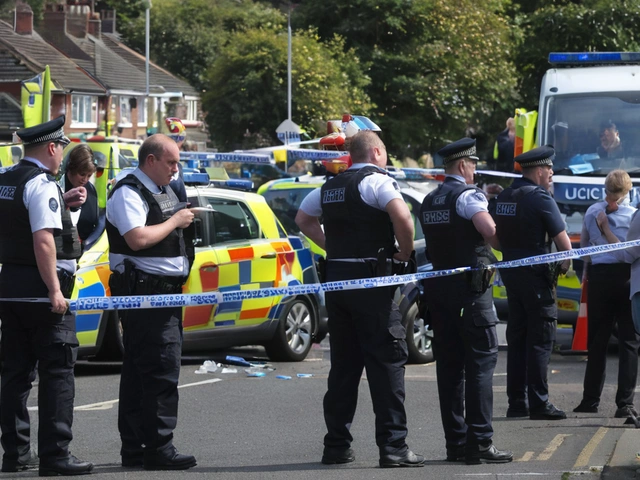
Write a comment